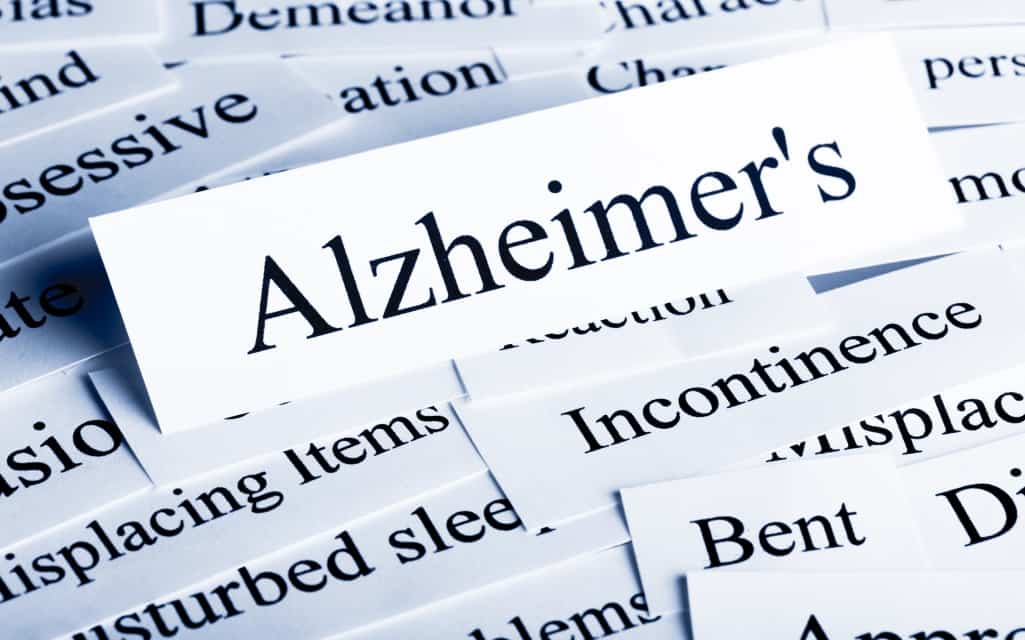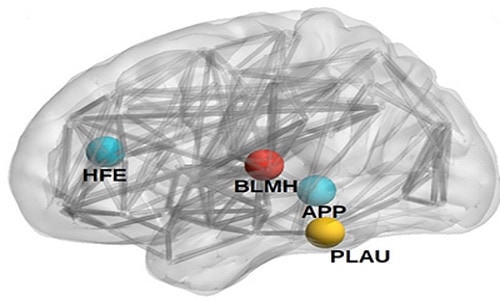Having someone you love and care about suffering from Alzheimer’s Disease can be a painful situation. The mental condition is a progressive and irreversible brain disorder that destroys a person’s memory and thinking skills. When the condition progresses, it is common for patients to lose the ability to complete even the simplest of tasks.
A few things that caregivers of patients suffering from this condition should know about are discussed below.
The Causes of Alzheimer’s Disease
The main cause of this condition is the changes in the brain which start happening 10 or even 20 years before the symptoms start appearing. Abnormal clumps and tangles in the brain happen in the brain which leads to the condition. Another reason is that there may be a loss of connection between the neurons in the brain.
Signs and Symptoms to Look Out For
The first sign of Alzheimer’s Disease is usually memory problems. Memory problems may look normal when old age comes but the truth is that they are not. They are an indication of a more serious problem.
Also, another symptom is the loss of spatial sense and changes in the sense of smell. Difficulty in finding words to speak is another sign to look for that happens during the very early stages of the disease.
Genetics Play a Role
Though conclusive evidence has not been found about the genetic connection, some reports have shown that having the apolipoprotein E increases the risk of a person getting afflicted with it. A recent study found novel genes which may fulfil an important role in the disease. More specifically, other genes including the PLAU gene correlate with changes in brain connectivity, and this can shed new lights.
Lifestyle Choices to Make
This is a condition that can affect the quality of life of not just the patient, but also the caregivers. That is why making lifestyle choices that can prevent the condition is a great idea. Continuing one’s education and keeping the brain active is the best thing to do as a preventive measure. The idea is to do things that engage and activate the brain cells as much as possible.
There are lots of good leisure activities that are great and can be sued as a preventive measure. Things like crosswords, puzzles, Sudoku, and even jigsaw puzzles are wonderful and elderly people should be encouraged to engage themselves with these.
Eating Better
Studies have also shown that eating better can not only prevent many diseases but also can prevent the early onset of Alzheimer’s disease. Things that are good for the brain including fish, lean meats, vegetables, fruits, and healthy fats are good choices. Red wine, coffee, dark chocolate, and green tea are also good because they increase the antioxidants in the body and reduce the free radicals. All this is good because it keeps the body and minds active.
Being Social
As people grow older, social circles often decrease. Many are forced to stay home and this can harm their social life. This is not a good thing when it comes to the prevention of dementia and Alzheimer’s disease. Social life does not just bring one happiness, it also keeps the brain and mind active and in control. People who socialize often and have friends in the community are more likely to not develop the dreaded disease.
Children of aged parents should thus encourage them to have a social life as much as possible and even engage them in social activities. This will go a long way in making them interested in social avenues which are great.
Watching an elderly loved one wither away because of this brain disorder can be cruel to any person. But it is what it is. The irreversibility of the condition makes it nary impossible to do much about it when it has already afflicted a person. However, knowing more about the disease and making arrangements so that the patient can be taken care of later on is a step in the right direction.
For more information, check
Relating Global and Local Connectome Changes to Dementia and Targeted Gene Expression in Alzheimer’s DiseaseElSheikh et al. Frontiers in Human Neuroscience 2021 https://doi.org/10.3389/fnhum.2021.761424




